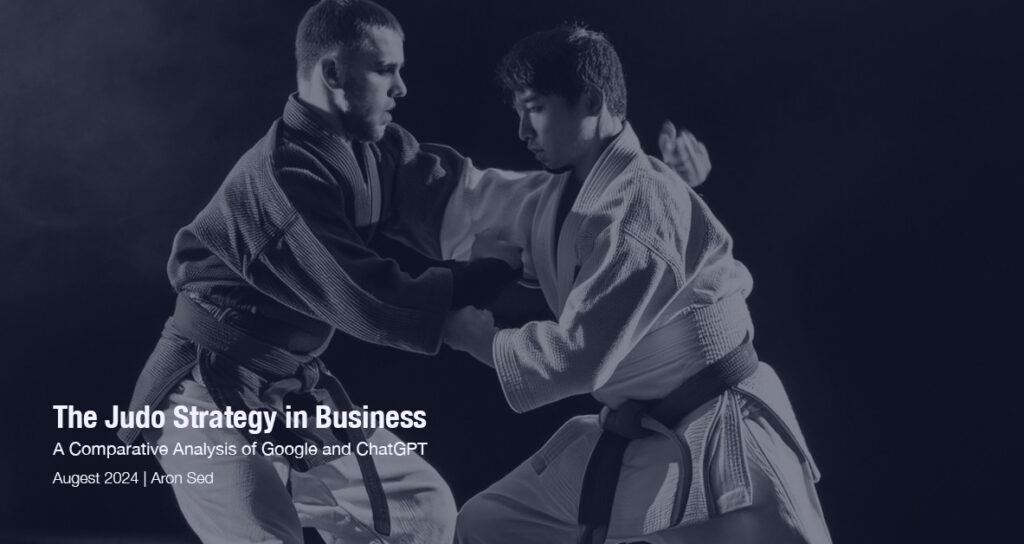In today’s hyper-competitive markets, the most successful brands aren’t always the biggest—they’re the most agile, strategic, and ecosystem-driven. As a brand positioning strategist and business developer, I help organizations design value ecosystems that turn market challenges into opportunities. One of the most powerful frameworks for this is the Judo Strategy—a proven approach for startups and challengers to outmaneuver industry giants.
Judo strategy, inspired by the Japanese martial art, is about using speed, agility, and leverage to neutralize the advantages of larger competitors. It’s not about brute force; it’s about smart movement, balance, and turning your opponent’s strengths into their weaknesses

This approach is especially effective for startups and smaller businesses entering markets dominated by established players.

Aron Sed is the founder of BlueBirds Group, specializing in bridging brand and business strategy to boost valuation and reduce failure risks. Certified by Marty Neumeier, Aron works with founders and leaders to build aligned brand value ecosystems that drive sustainable growth and investor readiness.
This site uses cookies to offer you a
better browsing experience.